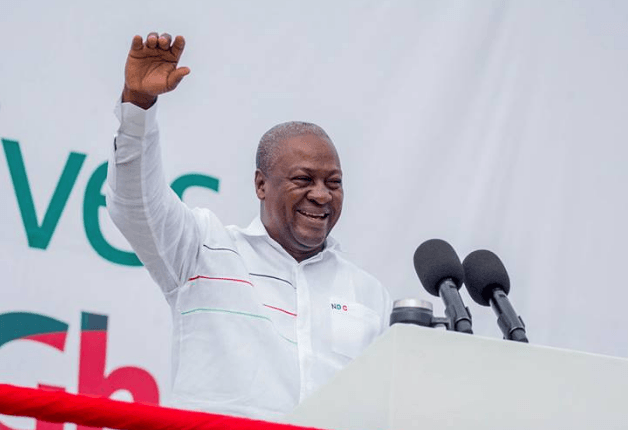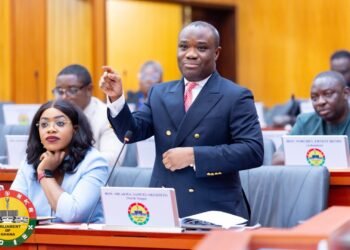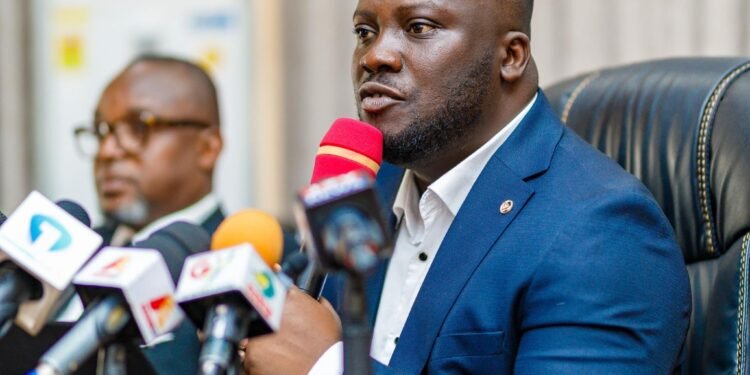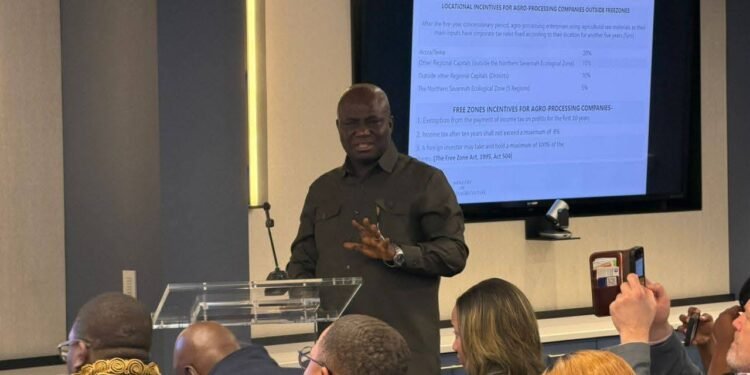President Nana Addo Dankwa Akufo-Addo has proposed three Court of Appeal Justices for nomination to fill vacancies on the Supreme Court bench.
The nominated individuals are Justice Henry Anthony Cofie, Justice Yaw Asare Darko, and Justice Richard Agyei Frimpong.
The President’s decision stems from the mandatory retirement of three Justices from the apex court earlier this year. The appointment was referred to the Appointments Committee for consideration and a subsequent report by Joseph Osei-Owusu, the First Deputy Speaker of Parliament, who presided over the proceedings.
The recent vacancies arose due to the mandatory retirement of Justice Nene Abayeteye Ofoe Amegatcher on February 3, 2023, former Chief Justice Kwasi Anin-Yeboah on May 24, 2023, and Justice Jones Dotse on June 8, 2023, leaving the Supreme Court bench with 13 justices, including Chief Justice Gertrude Torkornoo.
The last appointments to the Supreme Court were made in July 2022, featuring three Court of Appeal Justices and one High Court Justice, all of whom underwent vetting and approval by Parliament.
Perceived “Packing” Of The Supreme Court
Perceptions of partisanship within the Ghanaian Supreme Court have sparked concerns regarding the judiciary’s impartiality and independence. The appointment and nomination processes, often influenced by the sitting president, contribute to these fears, with critics contending that justices chosen under a specific administration might harbor political biases that could compromise their objectivity. The recent nomination of three Court of Appeal Justices by President Nana Addo Dankwa Akufo-Addo to fill Supreme Court vacancies will reignite debates on the potential influence of political affiliations in judicial decisions.

Advocates for judicial reforms stress the urgency of implementing a merit-based appointment system and enhancing checks and balances to ensure the Supreme Court’s credibility, thereby maintaining public confidence in its decisions.
The concerns surrounding judicial independence gained additional traction when former President John Dramani Mahama recently pledged to appoint lawyers from the National Democratic Congress (NDC) to the bench to equalize the appointments made by the incumbent President. Mahama alleged a deliberate packing of the judiciary with judges sympathetic to the New Patriotic Party (NPP). He emphasized the need for NDC legal professionals to consider bench careers to restore balance in the judiciary and addressed the importance of judicial reforms for bolstering the institution’s reputation, especially for foreign investors.
Mahama’s promise, made during a Zoom conference with NDC lawyers, reflects his apprehension about the current judicial composition and his intent to address perceived imbalances. His accusations against the NPP government include appointing judges with partisan inclinations to protect its interests, an assertion that has sparked discussions on the judiciary’s role in maintaining accountability after political transitions.
Justice Atuguba, a former Chief Justice highlighted that the issue originates from the appointment process, noting that the Judicial Council, responsible for appointing judges, involves presidential nominees in their deliberations. He argued that this practice might raise concerns about the judiciary’s autonomy and the potential influence of politics in judicial appointments. “You want the judiciary to be independent, the Constitution states.
Nonetheless, on the Judicial Council, which recommends justices be appointed, you have the Attorney General and four nominees of the president sitting there, taking part in the proceedings as to who should be presented for appointment to the Supreme Court.”

“Where is the independence of the judiciary? We have the executive so strongly present there. The present structure of the Judicial Council, has the Chief Justice as chairman, a representative of the Supreme Court and the various other lower courts (Appeals Court, High Court, etc), the Judge Advocate General from the Armed Forces, the director of the Police Legal Directorate, editor of the law reports, two members of the bar association, and then the four presidential nominees and the Attorney General.
“Now, if you look at it realistically, who can stand up to a Chief Justice who wants to do the president’s bidding? I mean, just for the sake of argument, who can stand up? Is it the Attorney General and the four nominees? They will certainly try to push for the president, isn’t it?”
Justice William Atuguba, JSC.
As the debate unfolds, considerations of Article 128 of the 1992 Constitution, which outlines the composition and exercise of power of the judiciary, come to the forefront. The constitution mandates a Supreme Court consisting of the Chief Justice and not less than nine other Justices, with provisions for their qualification and appointment.
Despite Ghana’s constitutional emphasis on the separation of powers, the intersection of politics and the judiciary remains a contentious issue. Public trust in the judiciary’s impartiality is crucial for a functioning democracy, necessitating transparent efforts to address these concerns.
READ ALSO: Experts Dialogue On Improving Education























